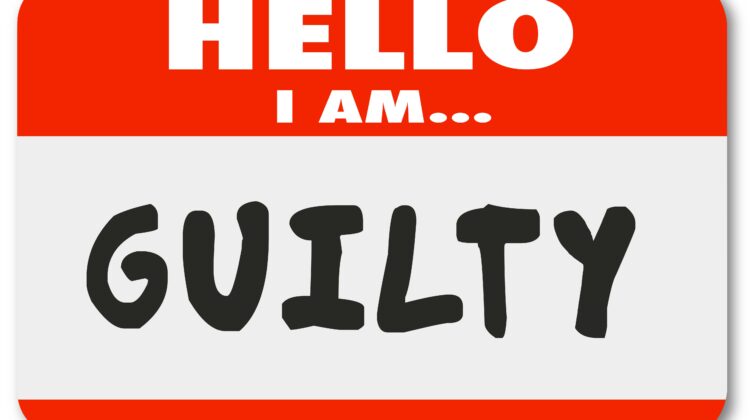
Some days I need to remind myself that I have depression.
But most days, I know that depression and I have a lifelong connection. As I move further away from my time in the hospital, I am beginning to feel guilty for being alive. The better things are going in my life, the more I feel guilty.
After all there are many people in much worse shape than I ever was, even as I was circling the drain.
And some of them are not alive anymore.
Why then am I ALIVE?
I have so many questions:
- What is it that has sent me on the path to recovery?
- Why did I come back from the abyss?
- What is keeping me from relapsing?
- Why do I feel so guilty that I am well enough to think about others?
- Why am I alive and others are not?
- And Where Is This Guilt Coming From?
At my support group, On Our Own, we lost one of our own to suicide.
Virtual meetings as the pandemic intensified wasn’t enough to keep him from a relapse. And the consequences were final for him. I only knew him for a year, but others had a multi-year relationship with him as he made consistent visits, attending many different support meetings offered by On Our Own.
The news of his suicide this summer really brought on the guilt.
How could I still be alive? He was much younger than I and was a wonderful person, kind, smart, and a pleasure to be around. How could he not see he was loved? This isn’t an easy question, and the answer is, depression and mental illness, at least for me, skew my perspective.
Heck, it makes me think my loved ones are the enemy.
Depression has me thinking only it has my best interests at heart. It says, “do not listen to anyone else, regardless of what they say.” “Oh, and let’s keep this a secret between you and I. No one else will understand you.”
As soon as I begin to listen to that, I cannot see anything else but what depression is telling me.
Challenging this type of unhelpful thinking was one of the ways I finally began to recover. Just knowing that I could ask better questions set me on the path to recovery. And then collecting the tools that give me ways to question and think differently has set me up to face depression head-on.
READ MORE: Up Against The Wall – 10 Unhelpful Thinking Styles
And by the way, when I first began to do that 17 months ago, depression was very, very, mad.
Depression did not want me thinking for myself. It was angry that I would question it’s plans for me. The very idea that I could make my own decisions and question any other’s thoughts made depression strengthen it’s resolved to drag me back to the abyss.
I have been discussing my feelings of survivor guilt with both my Psychiatrist and my therapist.
Using the Change Triangle, my therapist and I are exploring where these ideas fall and how to move from them to my core emotions. Each time I meet with him, I leave the session drained. He is helping me do the work to challenge these unhelpful thoughts. This is helping me resolve my feelings of guilt. And I am beginning to see value in myself.
OK, that’s a stretch, but I am working on it. Knowing I cannot change events, but can change my attitude towards it, is empowering
I have written a lot about understanding my value. I have mostly attached my value to a title, father, manager, author, career coach, etc. Having value just as myself, has been much harder for me to embrace.
And being a depression survivor is a title I feel guilty accepting. Yet that is me. I am alive because I was too frightened to take my life. And I am alive, because I finally decided that doing the same thing and expecting a different result had not worked in 43 years and most likely wasn’t going to work this time.
I am alive because I chose to ask for professional medical help.
So here I am alive and still writing. Yes, I feel guilty about still being alive, but here I am. So, despite depressions attempts to lure me back to the depths of the abyss, I am putting one foot in front of the other.
READ MORE: Three Things I Learned While Circling The Drain
My recovery is at a point where I can some days, write for others.
By that, I mean, I am sharing what I have learned on topics such as coping statements for depression and anxiety. Finding and sharing studies and articles by medical professionals is a way I can give back.







[…] READ MORE: The Real Truth About Depression and My Survivors Guilt […]